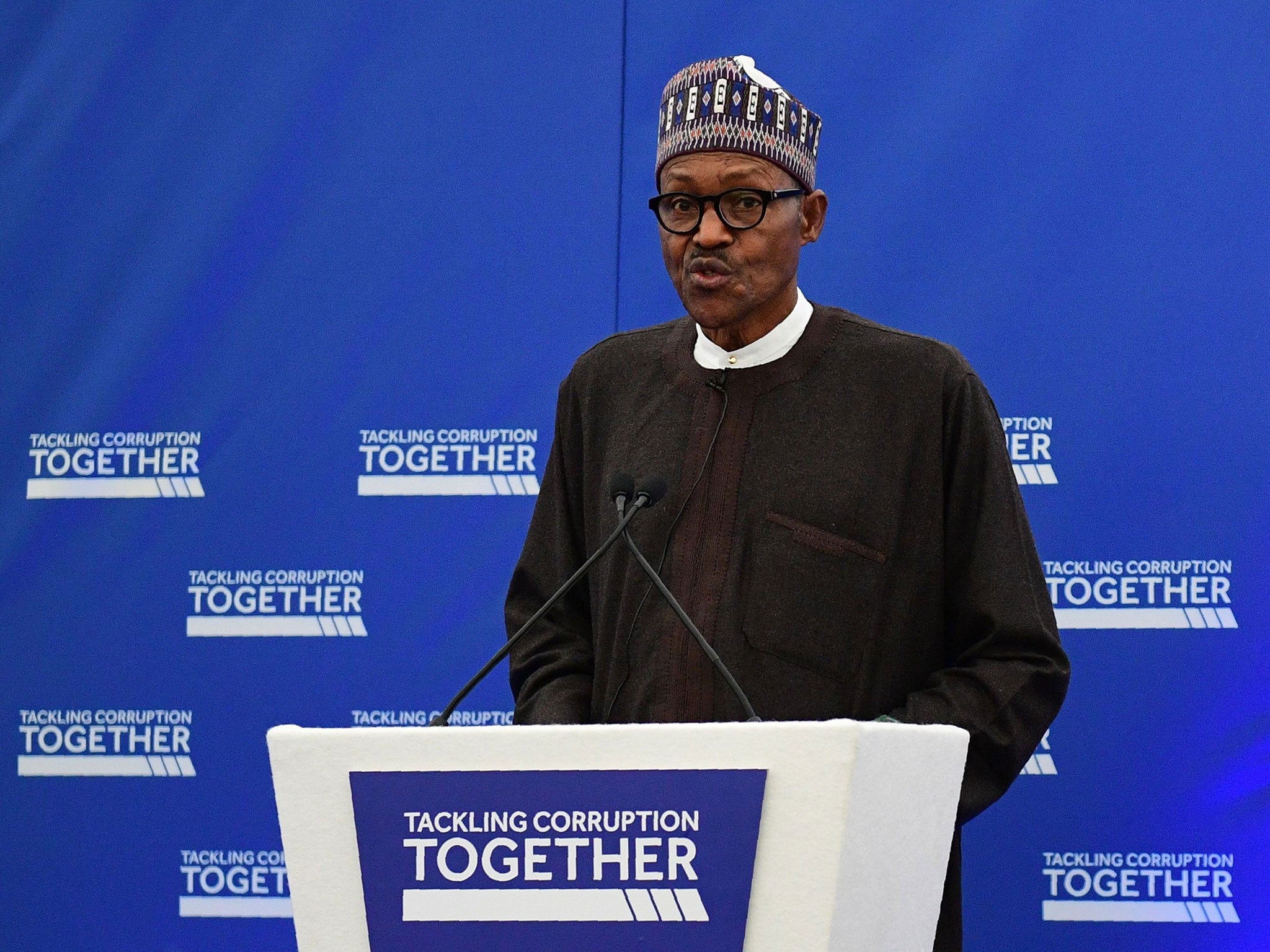There are some surprises on the list of most corrupt countries - and the solution isn't straightforward
By and large, European countries are at the top and African ones at the bottom. But within Europe, Italy is down at 61, just below Ghana


Your support helps us to tell the story
From reproductive rights to climate change to Big Tech, The Independent is on the ground when the story is developing. Whether it's investigating the financials of Elon Musk's pro-Trump PAC or producing our latest documentary, 'The A Word', which shines a light on the American women fighting for reproductive rights, we know how important it is to parse out the facts from the messaging.
At such a critical moment in US history, we need reporters on the ground. Your donation allows us to keep sending journalists to speak to both sides of the story.
The Independent is trusted by Americans across the entire political spectrum. And unlike many other quality news outlets, we choose not to lock Americans out of our reporting and analysis with paywalls. We believe quality journalism should be available to everyone, paid for by those who can afford it.
Your support makes all the difference.The richer a country is, the less likely it is to be corrupt. And the reverse, sadly, is true too. At the top of Transparency International’s index of countries having the lowest levels of corruption come Denmark, Finland and Sweden. At the bottom are Afghanistan, Somalia and North Korea.
Correlation is not causation, but anyone looking at the data would find it hard not to conclude that reducing corruption is likely to increase both a country’s wealth and the welfare of its people. If the London conference this week does result in reductions in corruption around the world, then it deserves a great deal of credit. And Transparency International deserves credit too for focusing attention on the issue. It is worth noting, by the way, that though it is based in Berlin, its largest single funder as far as I can see from its accounts is the British taxpayer.
It’s true that conferences and statistics do not change behaviour. They can nudge, maybe, but they can’t shift. However, the detail of the corruption index does give clues towards a way forward, as well as warnings about the difficulties ahead.
For a start, it is all about perceived corruption in the public sector. It is not about tax policy or tax competition. It is not about adherence to the rule of law. It is not even about personal corruption, either of individuals or corporations. People who bundle a whole host of other social or economic objectives into a general anti-corruption pot are doing a disservice. You will achieve much more if you focus. Fix the public sector and other things will follow.
Next, you have to be honest about the societal context within which corruption can thrive. One of the fascinating features of the corruption index is the way in which some countries feature higher than you would expect, given their location, wealth, and social backdrop. For example, Singapore is right up near the top of the league at number eight, higher than the UK at equal tenth. Hong Kong is ranked 18, equal to the US and Ireland. Yet mainland China is right down at 86, a little below India and Zambia.
By and large, European countries are at the top and African ones at the bottom. But within Europe, Italy is down at 61, just below Ghana. Indeed, Ghana fares vastly better that its near neighbour, Nigeria, and is a success story that is not told often enough. Within Africa, Namibia and Lesotho score even better. And then in Europe there are strange anomalies. Estonia does well, the same as France at 23rd. But the other two Baltic states, Lithuania and Latvia, are toward the bottom of the European league. Countries can learn a lot from their neighbours.
There is a further dimension. It is the association between freedom from corruption and economic freedom more generally. The Heritage Foundation in Washington does an index of economic freedom, which puts Hong Kong and Singapore at the top. Five of the top 10 in the Transparency index are also in the top 10 of the Heritage one. One sad country, North Korea, is at the bottom of both. This connection makes sense because economic repression tends to create opportunities and incentives for corruption: to get round onerous regulations, people bribe the officials whose job it is to impose them.
There are of course differences between the two league tables, for they are measuring different things. Cuba scores badly on economic freedom but not too badly on corruption. Scandinavia does better on corruption than on freedom. But it is intriguing, is it not, that a broadly centre-left NGO based in Europe produces a league table that is not dissimilar from a broadly centre-right one based in the US? The reason is that they are both trying to measure the quality of governance, albeit with somewhat different metrics.
That surely points to a way forward. There are all sorts of things wrong with the world and there always will be. But if a country can lift its general level of governance, then the chances are that it will also improve the overall condition of its citizens, their welfare as well as their wealth. Curbing corruption in the public sector is a very good place to start. That applies even to countries that think of themselves as having a relatively incorrupt public sector. As Transparency International observes: “Not one single country, anywhere in the world, is corruption-free.”
Join our commenting forum
Join thought-provoking conversations, follow other Independent readers and see their replies
Comments